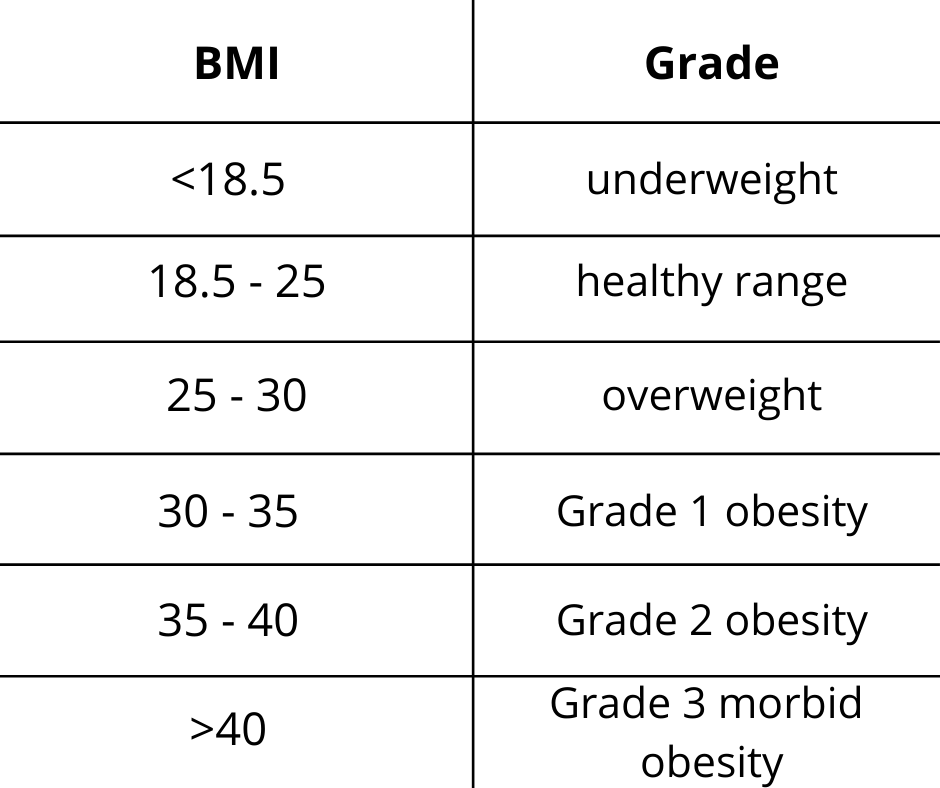
Obesity is on the rise worldwide and is the most common nutrition related disorder in the developed world. Most commonly, it is associated with an increase in the energy value and quantity of food consumed, coupled with a decrease in activity. There are however, some diseases that can contribute to increased weight. Some of these include:
Endocrine
> hypothyroidism
> Cushing’s syndrome
> acromegaly
> hypogonadism
> hyperprolactinoma
> insulin secreting tumors
> polycystic ovarian syndrome
Other
> cardiac failure
> liver failure
> nephrotic syndrome
> hypothalamic tumors
> premenstrual syndrome
> early pregnancy
> depression
Drugs
> tricyclic antidepressants
> oral contraceptive pill, hormone replacement therapy
> corticosteroids

While there are no quick fixes, and no substitute for the basic therapeutic principle of eating less and exercising more, Chinese medicine can play a valuable supportive role, and can improve some of the physiological components that contribute to obesity, specifically slow metabolism, digestive inefficiency, problems with insulin metabolism and the fatigue that prevents activity.
The main cause of obesity is taking in more energy than is used by activity. Weakness and inefficiency in harvesting, transforming, distributing and utilizing the qi derived from food resulting from poor organ system function, can further compound weight gain.
Weakness of the Spleen and Stomach leads to inefficient digestion, causing build up of damp and phlegm in the form of fat and fluid in the tissue
Chronic Liver qi constraint can weaken the Spleen, retard fluid movement and lead to accumulation of damp and phlegm.
As we age and our Kidney yang declines, the metabolic fire that underpins the yang functions of the other organ system diminishes. Spleen yang, the basis of efficient digestion is weakened, and damp, phlegm and blood stasis occur more readily. A decline in Kidney yin reduces yin fluids and leads to deficient heat, which causes thickening of fluids, accumulation of phlegm and blood stasis. In addition, the general decline of yang qi often leads to a decrease in overall activity and more sedentary habits.
A Chinese practitioner would start by diagnosing the patients internal issues and would then treat the above with acupuncture and/or herbal medicines, which would intern, support weight loss.

The line between a healthy weight and obesity is usually clear but there are standard parameters that can be useful in determining the progress of treatment. These are based on the body mass index (BMI), and the waist to hip circumference ratio (W/H ratio). The body mass index is calculated by dividing the weight (kg) by the square of the height (m2).
The waist to hip circumference ratio is derived by dividing the waist measurement by the hip measurement, for which a healthy range is less than 0.9.
In terms of the general health of obese individuals, the standard classification can be too rigidly applied, and the BMI should always be considered in the context of the individual concerned. There are many people with a BMI outside the consensus healthy range who are perfectly well. However, the risk levels for some chronic illnesses can be increased significantly with increasing BMI. These include diabetes and metabolic syndrome, cardiovascular and gall bladder disease, osteoarthritis and infertility.

The treatment of obesity can be challenging. In many cases the reason for overeating are complex, and intertwined with social and emotional factors. For sustained success, treatment requires a substantial commitment from both patient and practitioner, and is usually prolonged. Initial weight loss is often dramatic, but this is largely fluid. Real weight loss i.e. decrease in fat deposits, should be gradual and ideally no more than 0.25kg per week. In this way, the metabolic changes necessary to keep the weight off can be embedded. During this process, regular support and encouragement, reinforcement of goals and monitoring of progress are key to success. The Chinese medicine clinic is an ideal environment to provide such a framework. Regular appointments for acupuncture treatments provide a good forum for encouraging motivation a reviewing progress, as well as improving physiological function. A typical treatment course will run over 3-12 months, during which time acupuncture is given weekly.

A food diary is a useful way of assessing the nature and volume of food consumed and the relative energy expenditure. This can help not only in tailoring a rational plan, but creates awareness in the patient of what is being ingested and what is being used. People generally underestimate, unintentionally or otherwise, the amount of food they eat. Be aware, however, that for patients with Spleen deficiency, a food diary may become a source of obsession and encourage a counterproductive preoccupation with food and diet.
A diet that reflects the pathology being treated should be advised and introduced gradually. Radical or sudden changes in diet are not advised since they generally do not last.
Some simple dietary guidelines can apply to all people wishing to lose weight.
1. Cut down volume of food by 30%. Having small meals which include some protein at regular times though out the day will regulate blood sugar levels and reduce appetite.
2. Avoid fatty or fried foods. Eat more fresh fruits and vegetables.
3. Avoid soft drinks and fruit juices.
4. High protein (or low GI) meals are often recommended because they are relatively low calorie, don’t raise blood sugar or produce so much insulin and they help to better manage hunger. However, any diet which reduces calories will help reduce weight.
5. Breakfast and lunch are the more important meals as their energy value will be consumed in daily activity, while the calories from a large evening meal will tend to be stored as fat. The old saying ‘eat like a king at breakfast, a prince at lunch and a pauper at dinner’ is excellent advice. Chinese medicine with its understanding of the flow of qi in the 12 channels has long recognized that it is in the early part of the day that the digestive organs are at their peak. The time of maximal energy available for digestion is between 7-11am (Stomach and Spleen time).
6. Snacking between meals should be avoided.
7. Good digestion and regular bowel movements are also an important part of weight control.
8. A disciplined and persistent approach is essential, but rigidity is counterproductive, especially for those with Spleen deficiency.
9. The 80/20 rule could be applied here – do the right thing 80% of the time and 20% of the time you can get away with small indiscretions.

A realistic and regular program of exercise is an essential part of any weight loss plan. Exercise consumes calories, but more importantly it makes muscle tissue more insulin sensitive, so the pancreas can reduce its output, and less sugar is shunted to fat deposits.
The goal should be for a minimum of 30-40 minutes of sustained aerobic activity every day, or at least several times a week. This means getting the heart rate up to about 50% above the resting rate and keeping it there for 30-40 minutes. Walking is ideal. The benefits of regular aerobic activity are cumulative and become self sustaining over time.
